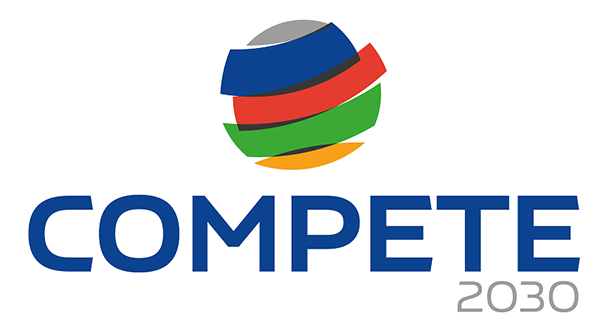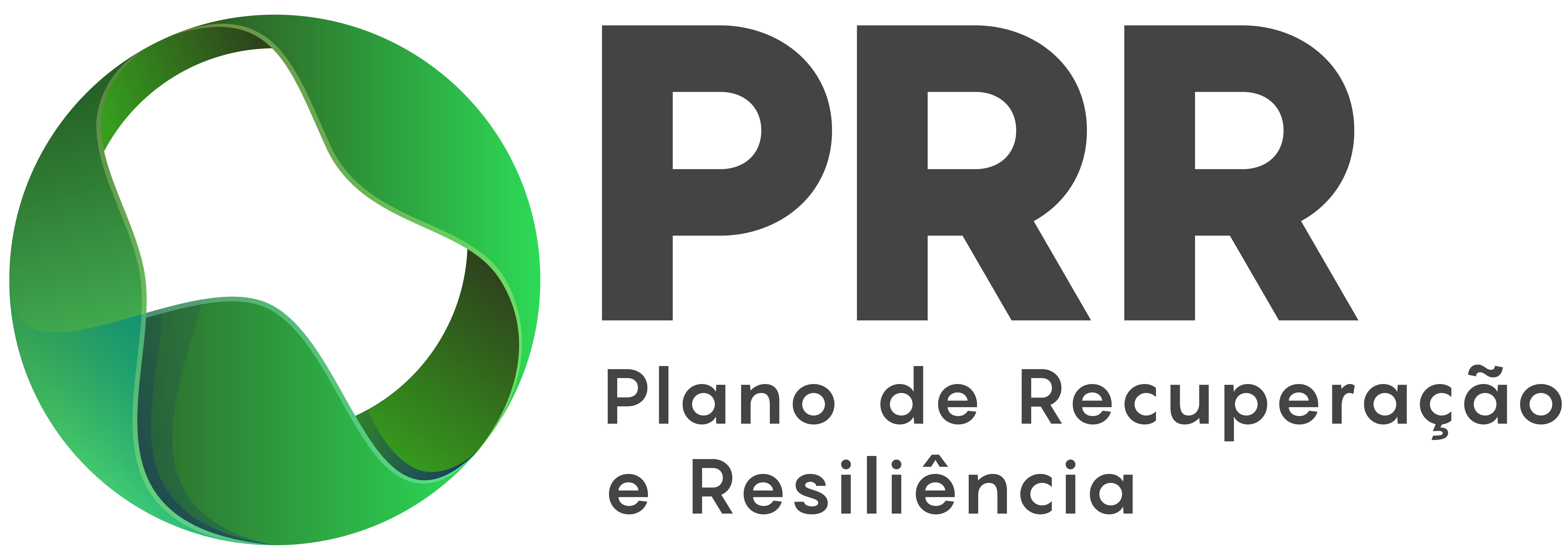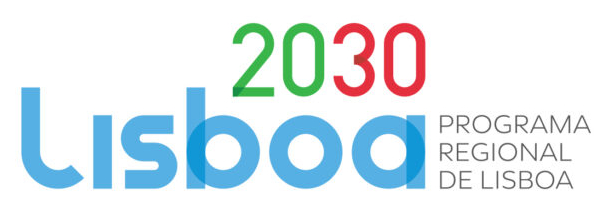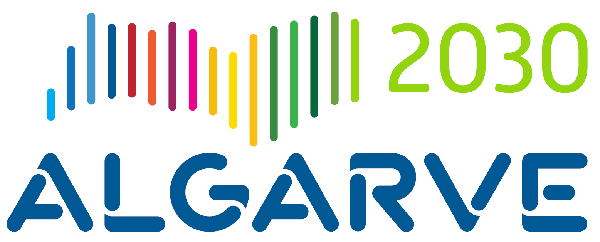Beexpert - Beekeeping Education and Expertise for Professional Excellence
-
AcrónimoBeexpert
-
Código do projeto101246794
-
Orçamento total (€)1 362 389,54
-
Orçamento INIAV (€)107 984,95
-
Cofinanciamento (%)100%
-
Data de início2025/11/01
-
Data de conclusão2028/10/31
5 países – 4 Estados-Membros da União Europeia
1. UNIVERSITA DEGLI STUDI DI NAPOLI FEDERICO II (UNINA), Italy, Coordinator
2. UNIONE NAZIONALE ASSOCIAZIONI APICOLTORI ITALIANI (UNAAPI), Italy
3. FEDERATIA ASOCIATIILOR APICOLE DIN ROMANIA (ROMAPIS), Romania
4. INSTITUTO NACIONAL DE INVESTIGAÇÃO AGRÁRIA E VETERINÁRIA, I.P. (INIAV), Portugal
5. FEDERAÇÃO NACIONAL DOS APICULTORES DE PORTUGAL (FNAP), Portugal
6. HACETTEPE UNIVERSITESI (HU), Turkey
7. TÜRKIYE ARI YETIŞTIRICILERI MERKEZ BIRLIĞI (TAYMB), Turkey
8. COSVITEC SOCIETA CONSORTILE ARL (COSVITEC), Italy
9. BUSINESS INOVATION COUNCIL SRL (BIC), Romania
10. ČEBELARSKA ZVEZA SLOVENIJE (CZS), Slovenia
11. CENTER BIOTEHNIKE IN TURIZMA (Grm Novo mesto), Slovenia
12. UNIVERSITA DEGLI STUDI DI NAPOLI FEDERICO II (UNINA), Italy
Main objective:
Beexpert. With the increasing urgency to ensure food security and sustain the stability of food systems, the agricultural sector has become one of the most critical sectors influencing food availability. As global food demand grows, so does the complexity of maintaining a steady supply of nutritious and diverse food. Among the various challenges faced by agriculture, fluctuating productivity in agrifood systems—often exacerbated by climate change—stands out as a significant concern. Changes in weather patterns, shifting ecosystems, and rising temperatures have introduced new challenges for modern food producers, making the need for adaptive solutions even more pressing.
Objectives, activities and expected results
Profitability is crucial for the long-term survival of the beekeeping industry, which faces challenges in both production and market conditions. Annual colony losses in the EU are around 10-15% (Europarl, 2014), influenced by pests, diseases, chemicals, and unpredictable weather (Service, M.R., 2017). Beekeepers also face competition from global producers offering lower costs, making it difficult for European beekeepers to remain competitive (Service, M.R., 2017). Additionally, beekeeping in Europe is mostly practiced by hobbyists who often lack the expertise to scale up their operations (Chauzat et al., 2013). There is a clear need for specialized consultancy services in the beekeeping sector, as Europe currently lacks a regulated certification system for professional consultants. Certified consultants can support beekeepers by improving productivity, ensuring compliance with EU regulations, and implementing sustainable practices, helping them stay competitive and navigate market challenges.
The purpose of this initiative is to develop a specialized consultant role that will enhance the efficiency and competitiveness of beekeeping businesses across Europe. These consultants will provide expertise in operational optimization, sustainable practices, EU legislation, and market strategies. Additionally, the initiative aims to improve the sector's education system by fostering standardized educational frameworks at the EU level. This will help create a more skilled and knowledgeable workforce, supporting the long-term sustainability of the industry.
The objective is to create a comprehensive course covering key aspects of beekeeping, such as the bee life cycle, hive management, nutrition, EU legislation, risk management, EU funding consultancy, and market access. Activities will include developing educational materials, implementing interactive training programs, creating an e-learning platform, and found digital and physical business incubators to support beekeepers.
-
Tags














